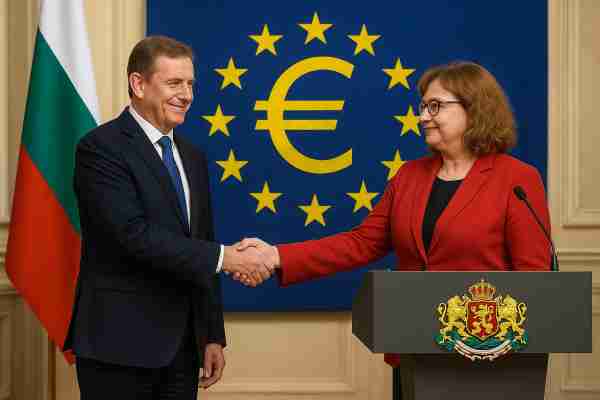On a hot July day in 2025, Bulgaria made a decisive step that will reshape its financial future. The Economic and Financial Affairs Council of the European Union — Ecofin — gave the green light: Bulgaria will officially become a eurozone member on January 1, 2026. This moment marks a historic milestone on the country's journey toward deeper integration with the EU. In the streets of Sofia, excitement could be felt even among those far removed from macroeconomics. Banks began preparing for the transition — recalculations, IT changes, public information campaigns. For businesses, this means new opportunities: easier access to capital, transparent transactions, and reduced currency risks. For citizens — stability, trust, and open borders for financial operations. However, this move is not just symbolic but the result of years of preparation. Bulgaria diligently met the Maastricht criteria: low inflation, balanced public finances, and a stable currency. These efforts were recognized and rewarded. Alongside the decision on Bulgaria, Ecofin also discussed other key economic issues. These included the preparation for the digital euro and the activation of the fiscal “escape clause” — allowing flexible state expenditure, particularly important amid growing geopolitical challenges and defense budgets. Bulgaria’s accession to the eurozone is more than an administrative act; it is a symbol of growing European unity. Amid changing economic realities, digitalization, climate concerns, and geopolitical instability, this step confirms the EU’s forward-looking spirit.
A New Chapter for Bulgaria: The Road to the Euro

Published : 08.07.2025
